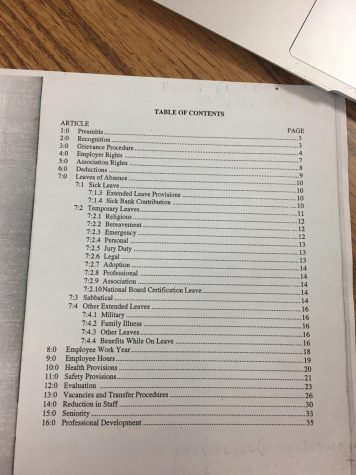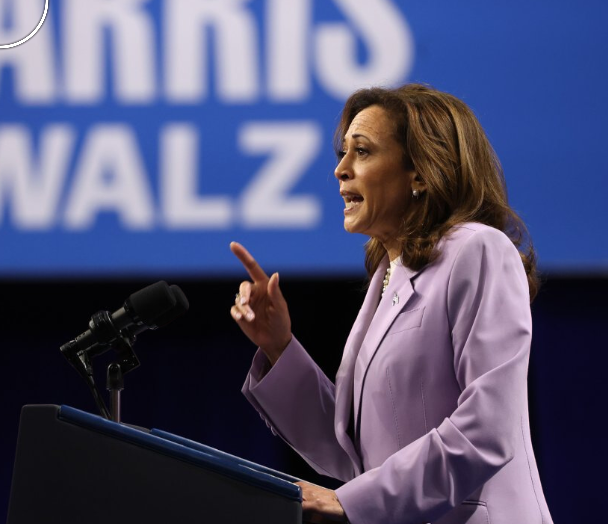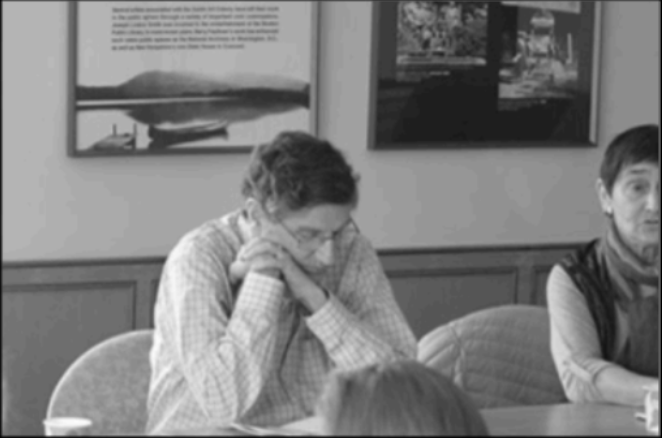De-Collectivizing Collective Bargaining in Iowa
May 17, 2017
In the wake of recent political events, the issue of collective bargaining has become prevalent in our community. Recently, the district took a vote on this issue and a new law was put into place by Republican legislators- House file 291.
While not all facets of the Iowa workforce were negatively affected by this new law, the teaching community of Iowa faced substantial changes.
Some of the drastic changes brought upon by this new law included limited negotiation abilities for teachers, a banning of automatic deductions in payroll for unions, the permitted use of an independent arbitrator in wage disputes, a smaller allowable growth percentage as well as required re-certification.
While it is difficult for an outside party to understand the implications of these new mandates, they signify a new era in collective bargaining for teachers.
According to Tim Taylor, the superintendent of Ames Schools, previous areas of discussion included topics such as grievance procedure, association rights, employer rights, temporary leaves such as religious and Jury duty, extended leaves, health provisions, seniority, hours, among a slew of other factors.
House File 291 severely strips all of these fields of discussion to the point where teachers are only permitted to discuss base wage policy- a mere minimum.
Many union workers claim that automatic payroll is a convenient process and that it gives higher control to union workers in the area of public policy.
According to numerous union members, this new implement will decrease union power as well as membership and create larger expenses in general.
Despite the fact that Republican Representative Dave Deyoe says that abitration rules were established to benefit unions, the introduction of an independent arbitrator in wage conflicts takes away any motivation for bargaining.
A percentage of this allowable growth plays into the raise ammount that teachers receive, even at the previous level (typically 3%) this was unsatisfactory.
New changes brought about by House File 291 strip the allowable growth percentage to a mere 1.11%- two percent smaller than what is considered normal.
Another issue is that allowable growth percentages have not been set at the proper time period. “They’re supposed to set allowable growth the year before, but they haven’t been doing that,” said Aileen Sullivan, the chief negotiator of Ames’ collective bargaining team.
A new re-certification requirement brings about another inconvenience for teachers. While it seems as though this will establish the credibility of unions, it is merely bureaucratic dribble. It wastes time and can contribute to unions falling apart. According to The Des Moines Register, many democrats believe that this component is a ploy to “bust unions.”
Deyoe argues that, previously, there had been little flexibility in various government sectors.
The incentive for this new law eliminates this and puts the majority of power in the holds of the Iowa school board. This not only negates from teachers’ rights and establishes a power struggle but will imbue the field with alienation and prevent potential teachers from choosing to teach.
This new law will also lead to disparities between rural and urban communities. Urban communities will still afford contracts and will still be sought after by teachers while rural communities will have little protection from House File 291 and will suffer financially.
Far less teachers will come to rural areas as well which could also contribute to rural Iowa schools shutting down, in the worst case scenario. “My son wants to be a teacher but I just don’t know what to tell him,” Sullivan said.
In light of this new law, the Iowa teachers Union has decisively placed a suit against state officials. This lawsuit is being made on the grounds that House File 291 targets solely teachers, a violation of Article 1, Section 6 of the Iowa constitution.
The final decision of this suit has yet to be established, but we can only hope that teachers will be able to continue to enlighten us and prepare us for the world without further economic and political restraint from the state sector.

























